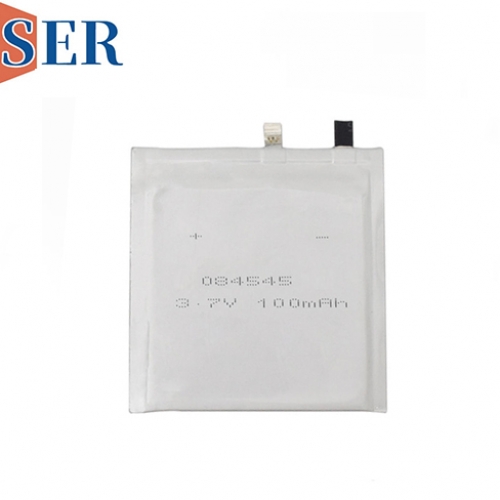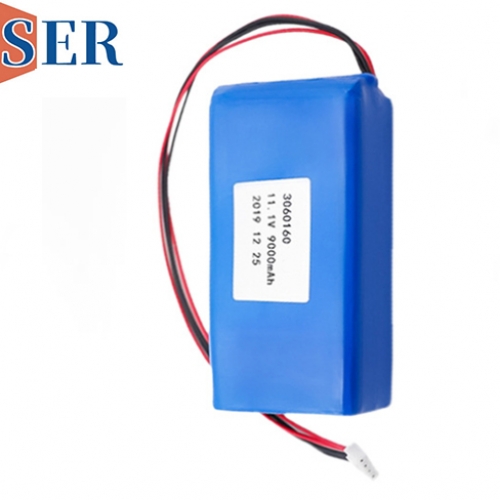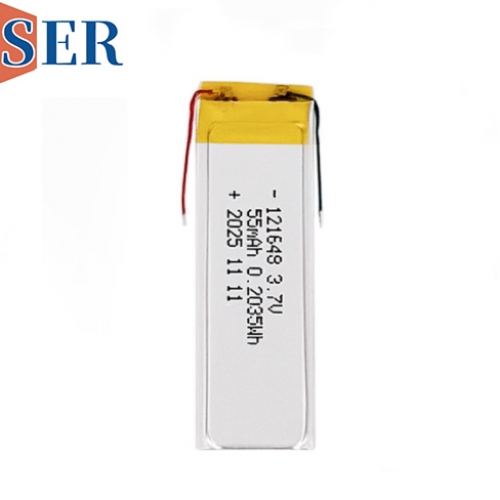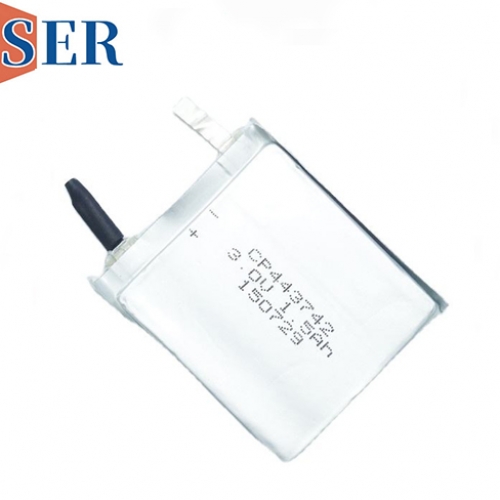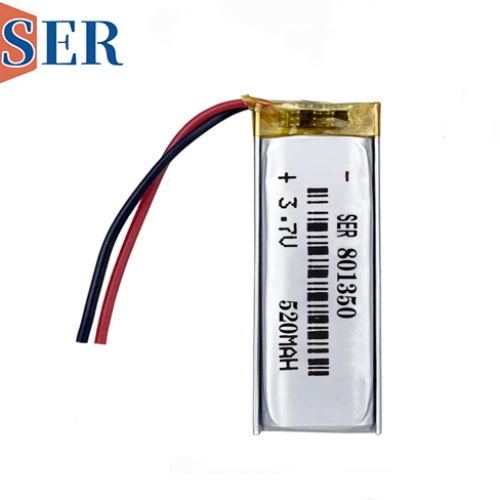LiSOCL2 battery pack from 3.6V ~36V 14Ah~100Ah capacitor with connectors PTC and diodes
LiSOCL2 battery pack from 3.6V ~36V 14Ah~100Ah capacitor with connectors PTC and diodes
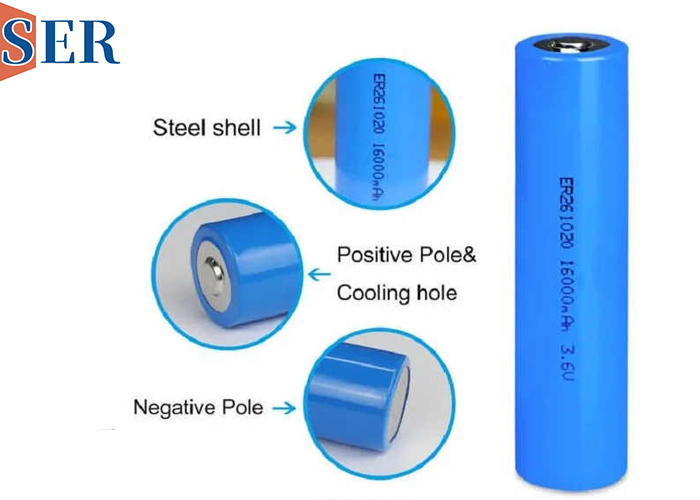
In the realm of energy storage solutions, LiSOCl₂ (lithium-thionyl chloride) batteries have emerged as a reliable and efficient choice for various applications due to their high energy density, long shelf life, and wide operating temperature range. This article delves into the specifics of LiSOCl₂ battery packs, focusing on their voltage range, capacity, configurations, and the importance of professional assembly.
Specifications of LiSOCl₂ Battery Packs
LiSOCl₂ battery packs offer a versatile range of specifications to cater to diverse application needs. Typically, these packs come with a voltage range from 3.6V to 36V, providing flexibility for various electronic devices and systems. The capacity of these packs spans from 14Ah to 100Ah, ensuring that they can meet the energy requirements of both low-power and high-power applications.
Moreover, LiSOCl₂ battery packs are designed with connectors, PTC (Positive Temperature Coefficient) devices, diodes, and other components to enhance their functionality and safety. Connectors facilitate easy integration with electronic devices, while PTC devices protect the battery pack from overheating by limiting the current flow if the temperature rises excessively. Diodes, on the other hand, prevent reverse current flow, ensuring the battery pack operates efficiently and safely.
Dimensions of LiSOCl₂ battery packs can be customized according to specific requests. This flexibility allows for seamless integration into various devices and systems, ensuring optimal performance and space utilization.
Configurations of Lithium-Thionyl Chloride Battery Packs
Lithium-thionyl chloride battery packs primarily consist of two main configurations: series and parallel combinations of lithium-thionyl chloride batteries, as well as combinations of these batteries with capacitors.
Series Combinations
In a series configuration, multiple lithium-thionyl chloride batteries are connected such that the positive terminal of one battery is connected to the negative terminal of the next. This arrangement increases the overall voltage of the battery pack while maintaining the same capacity as a single battery. For instance, connecting four 3.6V lithium-thionyl chloride batteries in series would result in a battery pack with a voltage of 14.4V.
Series combinations are ideal for applications requiring higher voltages, such as industrial equipment, electric vehicles, and renewable energy systems. However, it's crucial to note that in a series configuration, if one battery fails, it can potentially affect the performance of the entire pack. Therefore, it's essential to use high-quality batteries and to regularly monitor their health and performance.
Parallel Combinations
In contrast, parallel combinations involve connecting multiple lithium-thionyl chloride batteries such that their positive terminals are connected together and their negative terminals are also connected together. This arrangement increases the overall capacity of the battery pack while maintaining the same voltage as a single battery. For example, connecting two 14Ah lithium-thionyl chloride batteries in parallel would result in a battery pack with a capacity of 28Ah.
Parallel configurations are suitable for applications requiring higher energy storage capabilities, such as backup power systems, portable devices, and uninterruptible power supplies (UPS). The advantage of parallel connections is that if one battery fails, the others can continue to supply power, providing a level of redundancy and reliability.
Combinations with Capacitors
In addition to series and parallel combinations, lithium-thionyl chloride battery packs can also be configured with capacitors. Capacitors are energy storage devices that can store and release electric charge quickly. When combined with lithium-thionyl chloride batteries, capacitors can provide burst power to meet high instantaneous power demands, while the batteries supply continuous power.
This combination is particularly beneficial for applications requiring high power pulses, such as electric motors, pulsed lasers, and camera flashes. The capacitors can discharge rapidly to meet the peak power requirements, while the batteries recharge the capacitors between pulses, ensuring continuous operation.
Importance of Professional Assembly of ER Battery Packs
Assembling ER (energy reserve) battery packs, including LiSOCl₂ battery packs, is a complex and potentially dangerous task that should only be undertaken by trained professionals. Here are several reasons why it's crucial to let our engineers assemble the ER battery packs:
Expertise and Experience
Our engineers possess extensive expertise and experience in assembling ER battery packs. They are familiar with the latest industry standards, best practices, and safety protocols, ensuring that the battery packs are assembled correctly and safely. Their knowledge of battery chemistry, electrical engineering, and mechanical design enables them to create custom solutions tailored to specific application requirements.
Customized Solutions
Our engineers can provide customized solutions based on your actual applications and working conditions. They will analyze your specific needs, including voltage requirements, capacity demands, and space constraints, to design a battery pack that meets your exact specifications. This ensures optimal performance, reliability, and efficiency, minimizing downtime and maximizing return on investment.
Safety and Compliance
Battery pack assembly involves handling high voltages and potentially hazardous materials. Our engineers are trained to work safely, adhering to strict safety protocols to minimize the risk of accidents and injuries. They also ensure that the battery packs comply with relevant regulations and standards, such as UL (Underwriters Laboratories) and IEC (International Electrotechnical Commission), providing peace of mind and ensuring compliance in various markets.
Quality Assurance
Our engineers conduct rigorous testing and quality assurance checks throughout the assembly process to ensure that the battery packs meet the highest standards of quality and reliability. They use advanced diagnostic tools and testing equipment to verify the battery pack's performance, capacity, and safety features. This comprehensive approach ensures that the battery packs are ready for deployment and will perform as expected under various operating conditions.
Cost Efficiency
While it may seem tempting to assemble battery packs in-house to save costs, the potential risks and downsides often outweigh the benefits. Incorrect assembly can lead to battery failures, safety hazards, and costly repairs or replacements. By letting our engineers assemble the battery packs, you can avoid these pitfalls and benefit from their expertise, experience, and quality assurance processes. This ensures cost efficiency in the long run, as you minimize downtime, reduce maintenance costs, and maximize the lifespan of your battery packs.
Conclusion
LiSOCl₂ battery packs offer a versatile and reliable energy storage solution for various applications. With a voltage range from 3.6V to 36V and capacities spanning from 14Ah to 100Ah, these packs can meet the diverse needs of electronic devices and systems. Their configurations, including series and parallel combinations and combinations with capacitors, provide flexibility for various power requirements.
However, assembling ER battery packs is a complex and potentially dangerous task that should only be undertaken by trained professionals. Our engineers possess the expertise, experience, and safety protocols necessary to assemble battery packs correctly and safely. They can provide customized solutions based on specific application requirements, ensuring optimal performance, reliability, and efficiency. By letting our engineers handle the assembly, you can avoid potential risks and downsides, benefit from their quality assurance processes, and maximize the cost efficiency of your battery packs.
In summary, LiSOCl₂ battery packs are a valuable addition to the energy storage landscape, offering high energy density, long shelf life, and wide operating temperature range. When assembled by trained professionals, these packs can provide reliable power for various applications, ensuring optimal performance and safety.

